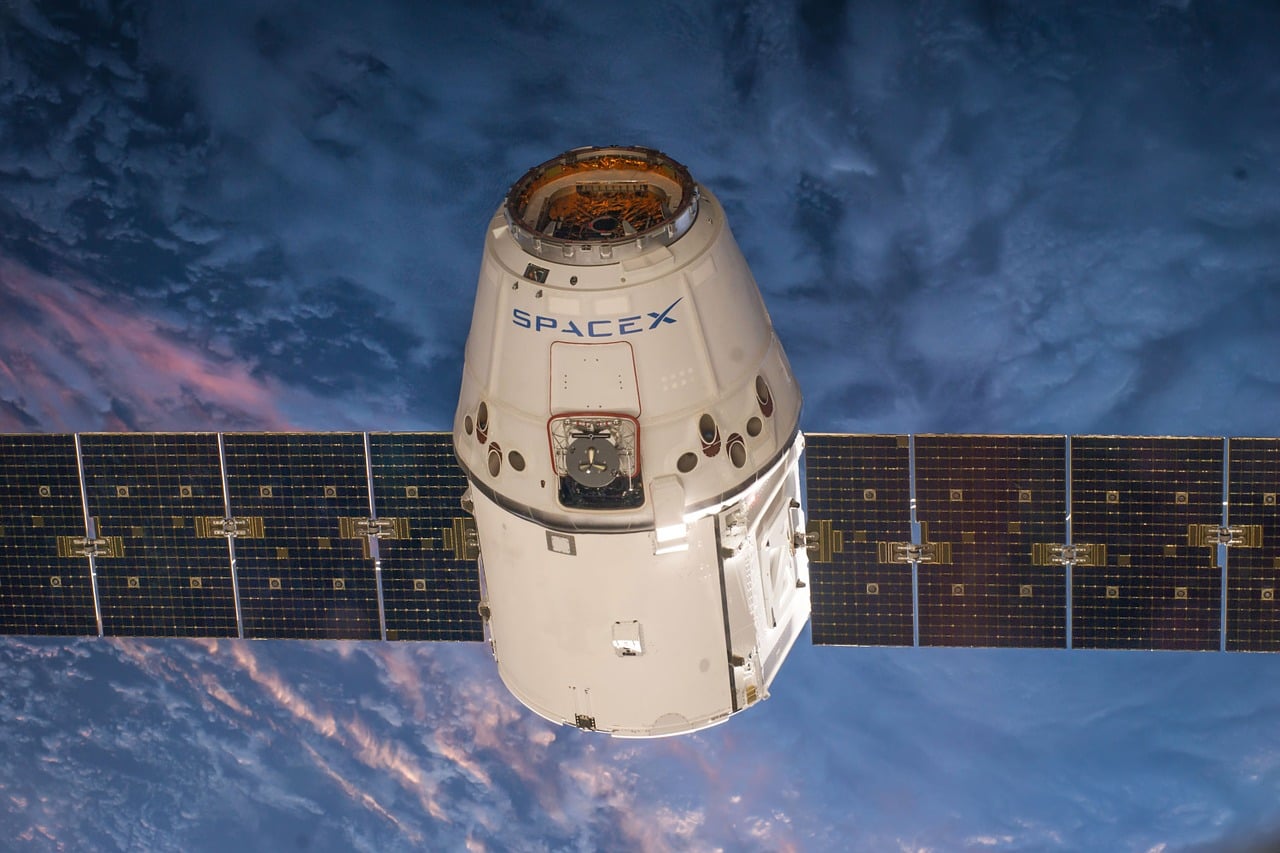SpaceX has launched another 60 Starlink satellites into orbit, but it failed to land the rocket booster on its return to Earth. The private spaceflight company is planning to launch more satellites on Wednesday.
Q4 2020 hedge fund letters, conferences and more
SpaceX launches more Starlink satellites
SpaceX launched the 60 Starlink satellites from Cape Canaveral late Monday. The flight began at 10:59 Eastern with ignition in the Falcon 9 rocket's first-stage engines, which generated 1.7 million pounds of thrust, according to CBS News.
The second stage of the rocket fired twice to reach the planned orbit above Earth approximately 45 minutes after launch. SpaceX's rocket released the 60 Starlink satellites about 20 minutes after that. Wednesday's satellite launch is scheduled for Kennedy Space Center in the early morning hours.
SpaceX has now launched 1,145 satellites for its Starlink network. The company received regulatory approval to put over 12,000 satellites into orbit to build a network of relay stations capable of providing two-way internet connections to people around the globe.
Failure to recover rocket booster
One of the things that makes SpaceX's rockets more efficient than other rockets is that the boosters are reusable, but there's a catch. The company has to stick the landing so it can retrieve the booster.
On Monday night, the first stage separated from the rocket after it flew out of the lower atmosphere. It was the sixth flight for that booster, which then moved toward landing on a drone ship off-shore. The booster fired three engines to slow its descent before plunging back into the lower atmosphere.
However, the shutdown of those engines didn't appear normal. A camera on the drone ship showed the glow of a landing "burn" on one side, but the booster never made an appearance and is presumed to have fallen into the ocean close to the ship.
SpaceX's string of Starlink satellite launches is broken
SpaceX's launch commentator said they weren't able to "stick the landing" and described the loss of the booster as "a bummer." However, the failure to stick the landing didn't change the outcome of the mission. The satellites were still delivered successfully into orbit.
According to CBS News, this was SpaceX's first unsuccessful recovery of a booster since the sixth launch of Starlink satellites in March 2020. Since then, the private spaceflight company has successfully completed 24 consecutive booster recoveries.






